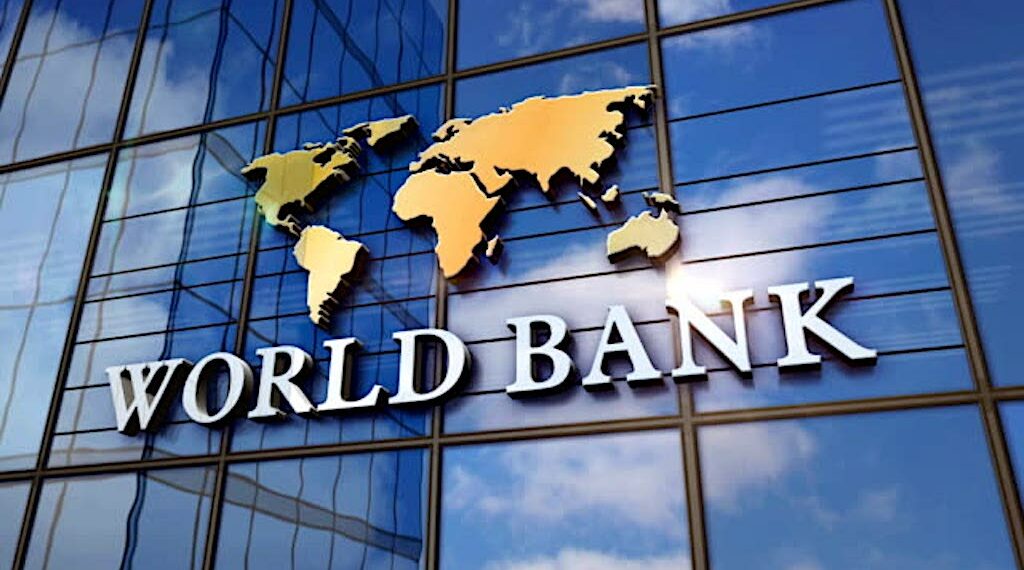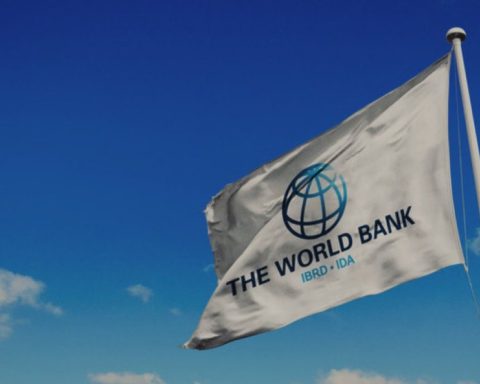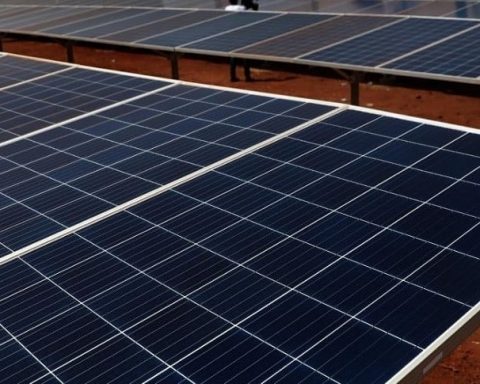The World Bank’s semi-annual Africa Pulse report has raised concerns about the economic future of sub-Saharan Africa.
The report, released today, paints a grim picture of the region’s economic prospects, with projected growth rates plummeting to 2.5% for this year, from 3.6% in 2022. Per capita income, according to the report, is on an even more worrisome decline.
Join our WhatsApp Channel“The region is projected to contract at an annual average rate per capita of 0.1% over 2015-2025, thus marking a lost decade of growth,” the report states.
The primary culprits behind this slowdown are rising instability, sluggish growth in South Africa and Nigeria, the region’s largest economies, and persistent uncertainty in the global economy.
READ ALSO: Niger Coup Could Deepen Food Crisis Across West Africa- World Bank Warns
“The continued slump of the region’s large economies is dragging down Sub-Saharan Africa’s economic performance. South Africa’s GDP is expected to grow at 0.5 per cent in 2023 as energy and transportation bottlenecks continue.
Nigeria and Angola are projected to grow at 2.9 and 1.3 per cent, respectively, due to lower international prices and currency pressures affecting oil and non-oil activity,” the report adds.
The consequences of this economic stagnation are dire, particularly for the poor and vulnerable populations. According to Andrew Dabalen, the World Bank’s Chief Economist for Africa, slow growth translates into slower poverty reduction.
However, economic woes are not the only concern for the region. The report also highlights the escalating debt situation, which is straining public finances as global interest rates rise. More countries in the region are at risk of or already experiencing debt distress. The debt-service ratio reached a staggering 31% of revenue in the region in 2022.
“The share of International Development Association–eligible countries in the region at high risk or already in debt distress has expanded from 27 per cent in 2015 to 55 per cent in 2023,” the World Bank reveals.
READ ALSO: Economy: World Bank Urges Nigeria To Revamp Macroeconomic Management For Growth
Furthermore, the report expresses concern about the lack of job opportunities for Africa’s burgeoning youth population. With around 12 million young people entering the job market and only 3 million formal jobs being created, many young Africans find themselves underemployed or engaged in casual and informal labor.
On a somewhat brighter note, amidst these challenges, the report identifies “pockets of resilience.” It anticipates that the East African region will grow by 4.1%, and the West African region will expand by 5.1% in 2023. However, inflation remains a persistent issue across the region, standing above most central banks’ expectations.
















